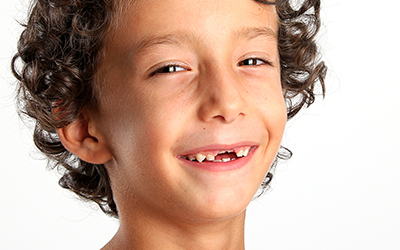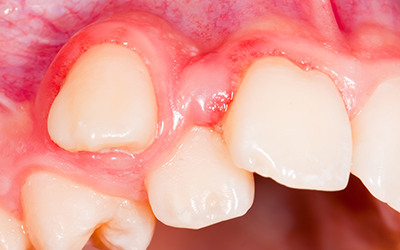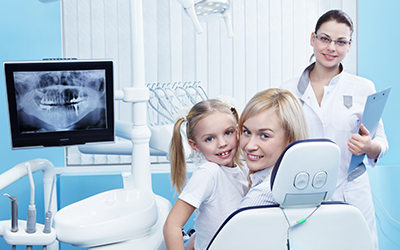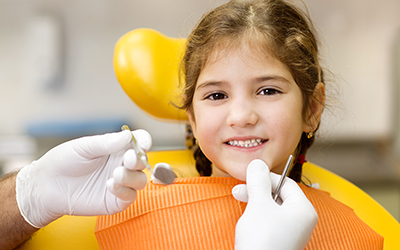Gentle Sedation for Calm, Confident Dental Care.
Firestone Pediatric Dentistry offers three forms of sedation: nitrous oxide, conscious sedation and outpatient general anesthesia. Each sedation procedure is dependent on the treatment and comfort level of your child. We always take into consideration your concerns as a parent. We do everything to ensure both you and your child are comfortable and safe while our dental professionals provide the best treatment possible.
Nitrous Oxide (Laughing Gas)
Nitrous oxide, commonly known as laughing gas or happy air, is a non-addictive substance used to relax patients during dental treatment. The American Academy of Pediatric Dentistry approves the use of laughing gas on childrenas a safe and effective behavior guidance technique. Laughing gas will not put your child to sleep but will make your child more comfortable and less anxious. After the procedure, your child will breathe 100% oxygen and the laughing gas will quickly be eliminated from the body. There will not be any laughing gas remaining in your child’s body when they leave the dental office.
Prior to your appointment:
- Please inform us of any change to your child’s health and/or medical condition.
- Tell us about any respiratory condition that makes breathing through the nose difficult for your child. It may limit the effectiveness of the nitrous oxide.
- Let us know if your child is taking any medication on the day of the appointment.
Conscious Sedation
Conscious Sedation may be recommended for apprehensive or restless children. This may include very young children and children with special needs. It is used to calm your child and to reduce the anxiety or discomfort associated with dental treatments. There are a variety of different medicationsfor conscious sedation and your child will be prescribed the medication best suited for their overall health and dental treatment recommendations. We will be happy to answer any questions you might have concerning the specific drugs we recommend.
Prior to your appointment:
- Please notify us of any change in your child’s health and/or medical condition. Do not bring your child for treatment with a fever, ear infection or cold. Should your child become ill, contact us to see if it is necessary to postpone the appointment.
- You must tell the doctor of any drugs that your child is currently taking and any drug reactions and/or change in medical history.
- Your child should not have solid food for at least 6 hours prior to their sedation appointment and only clear liquids for up to 4 hours before the appointment.
- The child’s parent or legal guardian must remain at the office during the complete procedure.
- Please watch your child closely while the medication is taking effect. Hold them in your lap or keep them close to you. Do not let them “run around.”
- Your child will act drowsy and may become slightly excited at first.
After Conscious Sedation
- Your child will be drowsy and will need to be monitored very closely. Keep your child away from areas of potential harm.
- If your child wants to sleep, place them on their side with their chin up. Wake your child every hour and encourage them to have something to drink in order to prevent dehydration. At first it is best to give your child sips of clear liquids to prevent nausea. The first meal should be light and easily digestible.
- If your child vomits, help them bend over and turn their head to the side to ensure that they do not inhale the vomit.
- Because we use local anesthetic to numb your child’s mouth during the procedure, your child may have the tendency to bite or chew their lips, cheeks, or tongue. Please observe your child carefully to prevent any injury to these areas.
- Our doctors will discuss specific instructions with you regarding your child’s care before and after treatment. Please call our office for any questions or concerns that you might have.
Hospital Dentistry
If necessary, outpatient general anesthesia may be recommended for apprehensive children with extensive dental decay, very young children, and children with special needs. Our kid's dentist will be happy to discuss the risks and benefits of comprehensive dental treatment using general anesthesia if they feel this is a treatment option for your child.
Latest Blog Articles
Your kids smile matters just as much as your own! Our blog covers a variety of topics including children’s dental health, updates in the dental industry, tips for maintaining healthy habits, and fun oral health facts. Check back each month for new insights and helpful resources.






